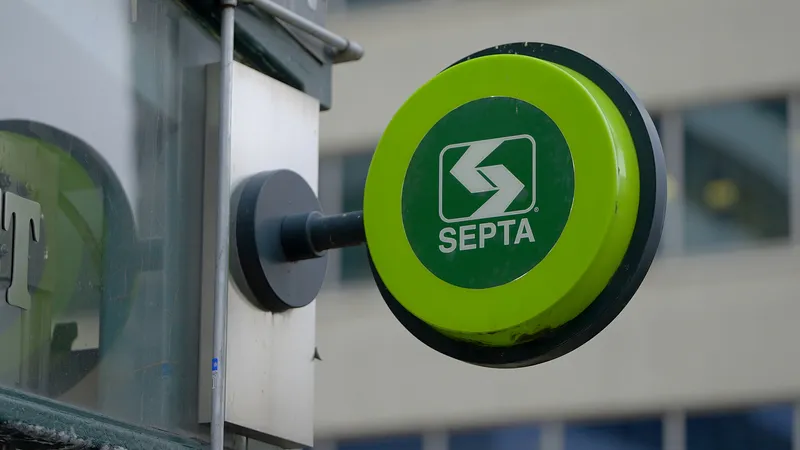Clark County Public Transportation Benefit Area (C-TRAN) has awarded a contract to Init for the delivery of a state of the art electronic fare collection system in Vancouver, Washington, US.
C-TRAN will equip its fleet of more than 100 vehicles with PROXmobil ticket terminals that, when fully operational, will offer passengers both closed loop and open payment fare options. The agreement was made in cooperation with the transit agency of Portland, Tri-County Metropolitan Transportation District of Orego
January 26, 2015
Read time: 2 mins
Clark County Public Transportation Benefit Area (4281 C-TRAN) has awarded a contract to 511 Init for the delivery of a state of the art electronic fare collection system in Vancouver, Washington, US.
C-TRAN will equip its fleet of more than 100 vehicles with PROXmobil ticket terminals that, when fully operational, will offer passengers both closed loop and open payment fare options. The agreement was made in cooperation with the transit agency of Portland, Tri-County Metropolitan Transportation District of Oregon (TriMet), which awarded INIT the contract for an account-based fare management system last year. Init will provide a seamless integration of C-TRAN with the regional e-fare system operated by TriMet.
The account-based fare management system allows passengers to simply tap smart cards, smartphones or contactless credit card to pay for fares within the region. Init’s central processing system, MOBILEvario, will be used to deliver processing and clearing of revenues for both agencies. MOBILEvario will offer greater flexibility and ease of mobility when traveling on the bi-state transportation systems, including fare capping which automatically offers travelers the lowest possible fare.
MOBILEvario’s online validation server will process all account transactions providing accurate, split second revenue processing, while at the same time protecting individual agency data and fare structures.
C-TRAN will equip its fleet of more than 100 vehicles with PROXmobil ticket terminals that, when fully operational, will offer passengers both closed loop and open payment fare options. The agreement was made in cooperation with the transit agency of Portland, Tri-County Metropolitan Transportation District of Oregon (TriMet), which awarded INIT the contract for an account-based fare management system last year. Init will provide a seamless integration of C-TRAN with the regional e-fare system operated by TriMet.
The account-based fare management system allows passengers to simply tap smart cards, smartphones or contactless credit card to pay for fares within the region. Init’s central processing system, MOBILEvario, will be used to deliver processing and clearing of revenues for both agencies. MOBILEvario will offer greater flexibility and ease of mobility when traveling on the bi-state transportation systems, including fare capping which automatically offers travelers the lowest possible fare.
MOBILEvario’s online validation server will process all account transactions providing accurate, split second revenue processing, while at the same time protecting individual agency data and fare structures.










